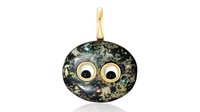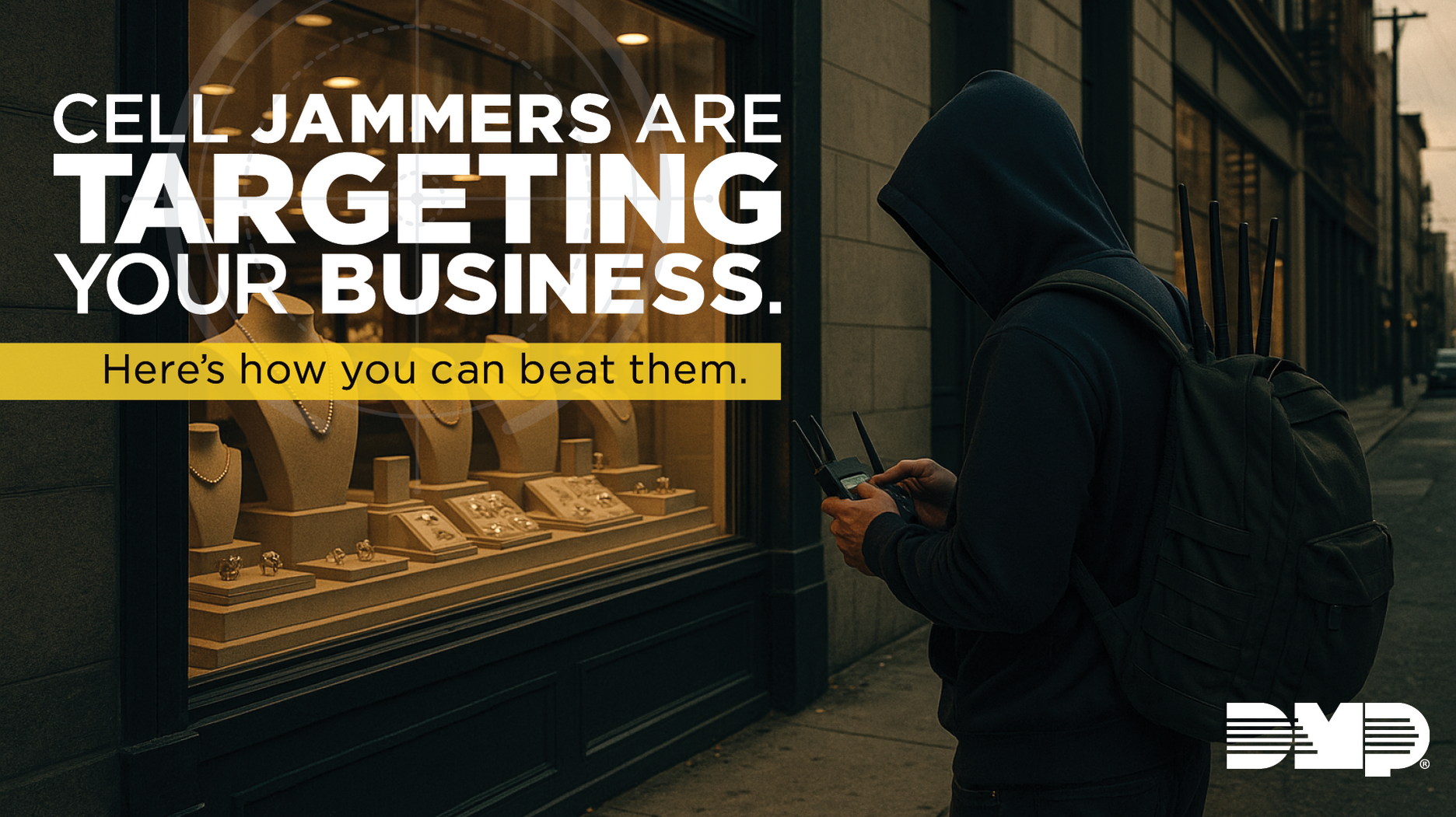Chris Blakeslee has experience at Athleta and Alo Yoga. Kendra Scott will remain on board as executive chair and chief visionary officer.
The Smart Lab: Clearing Up Website Platform Confusion
Emmanuel Raheb outlines the pros and cons of the four types of website platforms currently on the market.

According to The Local Search Association’s study, “The Digital Consumers,” 63 percent of consumers use websites to find or engage with local businesses.
This means that businesses without websites that add value to the consumer research process, are easy to use, and clearly and succinctly convey information about the product/brand are missing out on opportunities to get customers to fulfill a call to action.
Your website is your company’s digital storefront. Oftentimes, it is the first impression that consumers get from your business. The wrong first impression might mean that customers never make it to your physical store.
One of the first steps that go into creating the right site for your business is determining what goals you have for the website. What I’ve found is that people pay tons of money but then they realize the website they’ve spent all this money on doesn’t align with their goals.
The four types of web platforms on the market are: e-commerce, content-based, proprietary and DIY builders. Below, I explain each one while outlining their pros and cons.
1. E-commerce Solutions
At first glance, creating an e-commerce site for luxury jewelry might seem like a waste of resources. Most jewelry buyers like to see the items in person.
However, online sales for the luxury industry, which were 6 percent in 2016, are projected to grow to 18 percent in 2025, according to a report from McKinsey & Co. This means that e-commerce sites in this industry will become increasingly more relevant.
E-commerce solutions are very scalable and have unique features like inventory tracking and the ability to process transactions that other types of web builders won’t necessarily have. The source code is open to any development company so your website can easily grow along with your business.
However, using this option requires a higher level of expertise, which makes it difficult to build a site alone.
2. Proprietary Solutions
Closed-source technology companies are a good solution for those who are new to creating a website and want one that is relatively inexpensive.
The company that owns the source code will typically take care of any issues you have with the CMS and perform any software updates.
One thing to consider, however, is that switching web platforms may be difficult or impossible since the technical back-end of your site is built with closed source software. Proprietary solutions also have scalability limited
3. Content-Based Solutions

Content-based solutions are primarily made for blogs where you can publish unique content. They are also good for brick-and-mortar businesses, like repair or pawn shops, that don’t have products that need to be visually displayed on the site.
Other businesses may find that this option is not robust enough for their needs because of the limited features.
Although this solution is easy to use, its limitations mean that some users will find it difficult to develop an intricate navigational structure that allows customers to explore product offerings with ease. I do not recommend using a content-based website.
4. DIY Platforms
Barriers to entry for website creation no longer exist because of builders that allow people with no technical knowledge to easily create their own site for a relatively low cost.
DIY platforms seem to be an easy-to-use option, but setting up a website is very time consuming. You have to write your own compelling content and find high-quality images, among other tasks. In the long term, limited scalability may hinder your growth.
Some businesses might have multiple goals, in which case you must do research on specific site builders that serve several purposes. For example, you may need an e-commerce site that lets you post blog content.
Within all of these platforms types there are a variety of features available. Consider which features are most important to you before making a decision. Remember that this software will serve as the foundation of your website, and anything built on a rocky foundation will crumble.
Emmanuel Raheb is the CEO of Smart Age Solutions, a digital ad agency and coveted Premier Google Partner. With nearly 18 years’ digital marketing and e-commerce experience, Raheb is passionate about helping and strategically growing national jewelry brands and local retailers alike. Contact him at eraheb@smartagesolutions.com.
The Latest

The credit card companies’ surveys examined where consumers shopped, what they bought, and what they valued this holiday season.

Kimberly Miller has been promoted to the role.

How Jewelers of America’s 20 Under 40 are leading to ensure a brighter future for the jewelry industry.
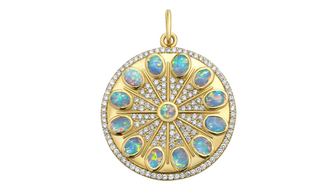
The “Serenity” charm set with 13 opals is a modern amulet offering protection, guidance, and intention, the brand said.


“Bridgerton” actresses Hannah Dodd and Claudia Jessie star in the brand’s “Rules to Love By” campaign.
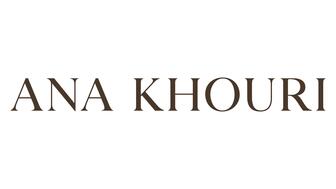
Founded by jeweler and sculptor Ana Khouri, the brand is “expanding the boundaries of what high jewelry can be.”
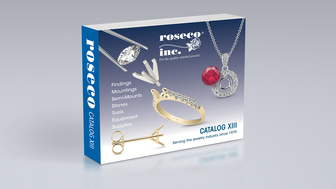
Roseco’s 704-page catalog showcases new lab-grown diamonds, findings, tools & more—available in print or interactive digital editions.

The jewelry manufacturer and supplier is going with a fiery shade it says symbolizes power and transformation.

The singer-songwriter will make her debut as the French luxury brand’s new ambassador in a campaign for its “Coco Crush” jewelry line.

The nonprofit’s new president and CEO, Annie Doresca, also began her role this month.

As the shopping mall model evolves and online retail grows, Smith shares his predictions for the future of physical stores.
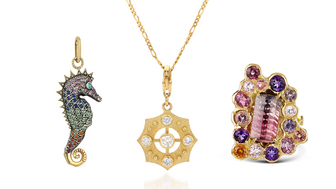
The trade show is slated for Jan. 31-Feb. 2 at The Lighthouse in New York City's Chelsea neighborhood.

January’s birthstone comes in a rainbow of colors, from the traditional red to orange, purple, and green.

The annual report highlights how it supported communities in areas where natural diamonds are mined, crafted, and sold.

Footage of a fight breaking out in the NYC Diamond District was viewed millions of times on Instagram and Facebook.
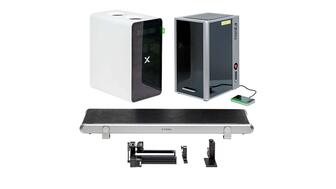
The supplier has a curated list of must-have tools for jewelers doing in-house custom work this year.

The Signet Jewelers-owned store, which turned 100 last year, calls its new concept stores “The Edit.”

Linda Coutu is rejoining the precious metals provider as its director of sales.

The governing board welcomed two new members, Claire Scragg and Susan Eisen.

Sparkle with festive diamond jewelry as we celebrate the beginning of 2026.

The master jeweler, Olympian, former senator, and Korean War veteran founded the brand Nighthorse Jewelry.

In its annual report, Pinterest noted an increase in searches for brooches, heirloom jewelry, and ‘80s luxury.

Executive Chairman Richard Baker will take over the role as rumors swirl that a bankruptcy filing is imminent for the troubled retailer.

Mohr had just retired in June after more than two decades as Couture’s retailer liaison.

Shekhar Shah of Real Gems Inc. will serve as president of the Indian Diamond & Colorstone Association in 2026.
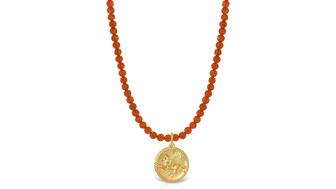
This year’s good luck charm features the mythical horse Pegasus, and is our first Piece of the Week of the new year.




